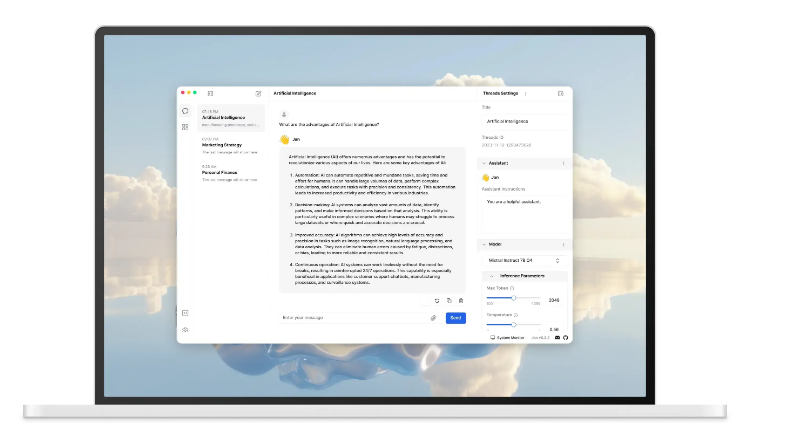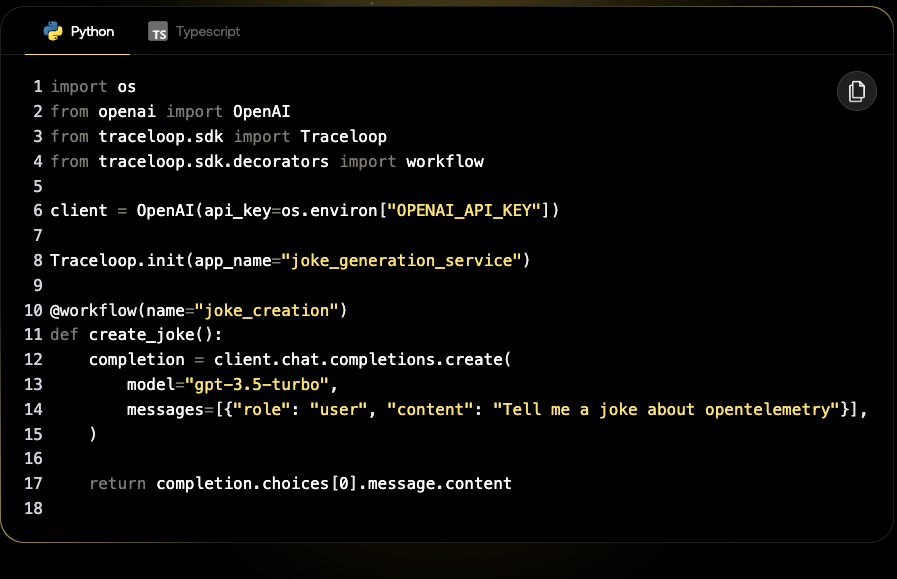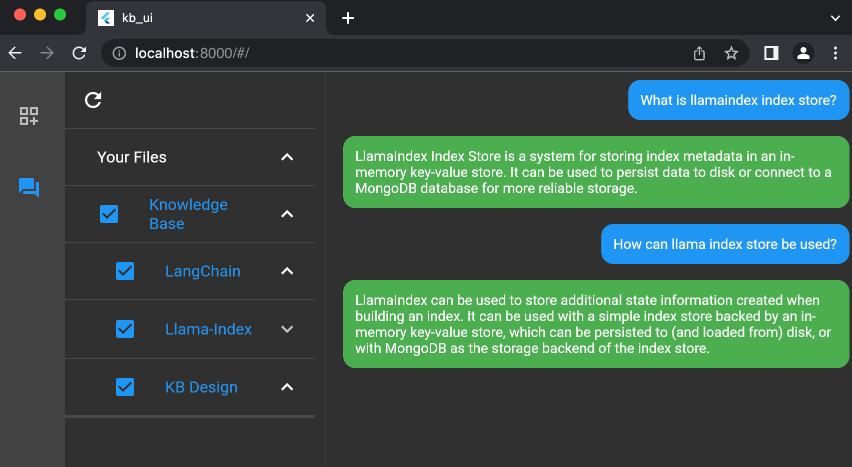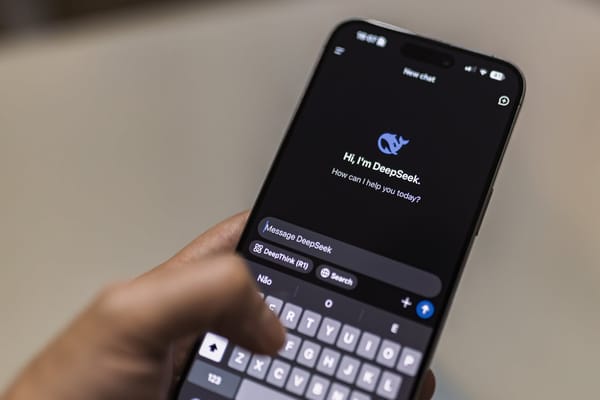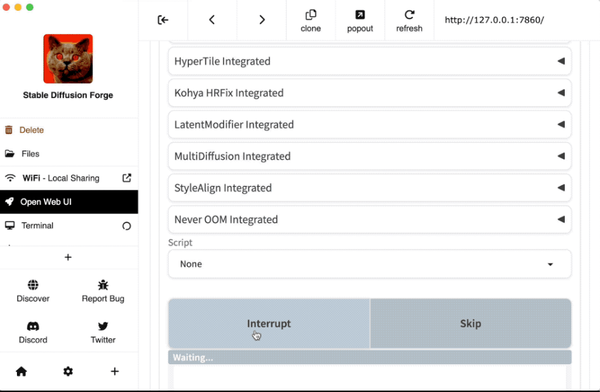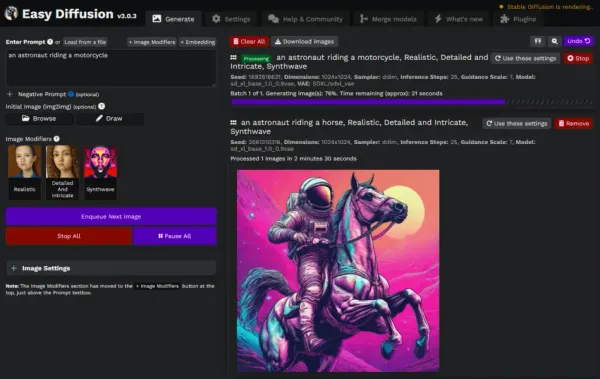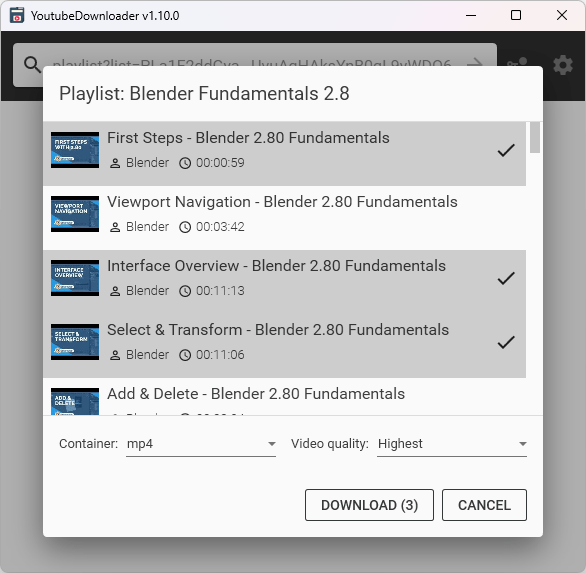10 Open-Source AI Tools to Build Your Personal Digital Brain, Your Own Private ChatGPT Alternative
Table of Content
The shift toward local AI assistants marks an exciting development in personal computing, putting powerful AI capabilities directly in users' hands. These open-source tools transform how we work by offering privacy-focused alternatives to cloud-based AI services.
Local Large Language Models (LLMs) form the backbone of these personal AI assistants, running entirely on your hardware.
This approach eliminates the need for internet connectivity while processing queries and ensures your data never leaves your device. For professionals handling sensitive information, this level of privacy is invaluable.
Benefits
1- For Writers
Writers can leverage these tools to enhance their creative process, generating ideas, outlines, and even first drafts while maintaining complete control over their intellectual property.
2- For Developers
Developers find themselves more productive with AI coding assistants that understand their specific coding style and project context, all while keeping proprietary code secure.
3- For Engineers
Engineers benefit from customizable AI tools that can be fine-tuned to their specific technical domains.
Whether it's analyzing specifications, troubleshooting problems, or generating documentation, these assistants adapt to specialized workflows without compromising sensitive technical data.
4- For Agencies and Enterprises
For agencies, local AI assistants offer a competitive advantage. They can process client information securely while automating routine tasks like content creation, market research, and campaign analysis.
The ability to customize these tools to align with agency-specific processes and brand voices makes them particularly valuable.
Enterprises find that local AI solutions integrate seamlessly into existing systems. Teams can collaborate more effectively using AI assistants that understand company-specific terminology and procedures.
This internal knowledge stays protected within the organization's infrastructure, addressing compliance requirements and data security concerns.
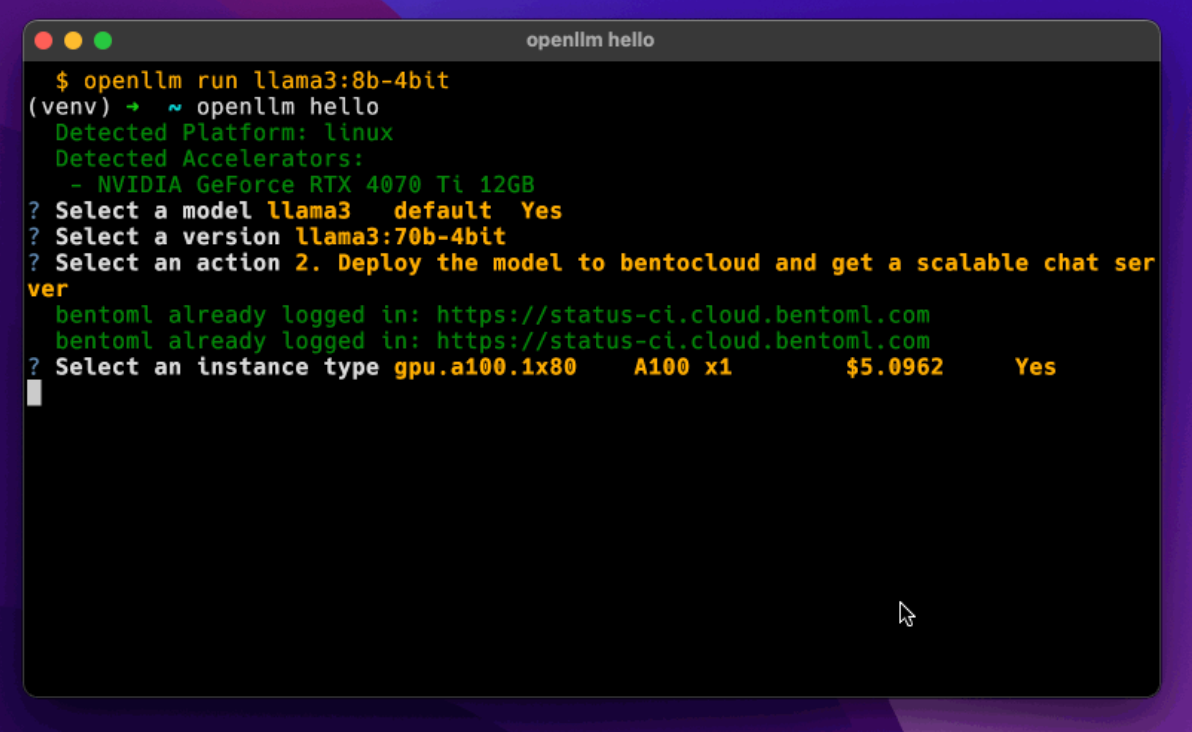
The customization potential of local LLMs stands out as a key advantage. Users can fine-tune these models to understand industry-specific jargon, follow particular writing styles, or adhere to company guidelines. This level of personalization creates a truly personal digital brain that becomes more valuable over time.
Totally Private
Beyond privacy and customization, local AI assistants offer independence from subscription fees and API rate limits. Organizations can scale their AI usage based on their hardware capabilities rather than external service constraints.
The movement toward local AI reflects a broader trend in technology: the desire for more autonomous, secure, and personalized computing experiences. As these tools become more sophisticated and accessible, they're enabling individuals and organizations to build their own AI infrastructure tailored to their unique needs.
The following is our top picks that will help you have a chatty free AI-powered assistant, on your desktop.
1- Jan
Jan is an offline AI assistant and ChatGPT alternative, designed for privacy-focused users. Powered by Cortex, its local AI engine runs smoothly across diverse systems—from NVIDIA GPUs and Apple M-series chips to Linux and Windows setups. With an accessible model library (including Llama, Gemma, and more), Jan provides an OpenAI-compatible API server and extensions for customization.
You can even connect to remote AI APIs like Groq. We've tried it ourselves, and it’s impressively versatile for offline, private AI applications!
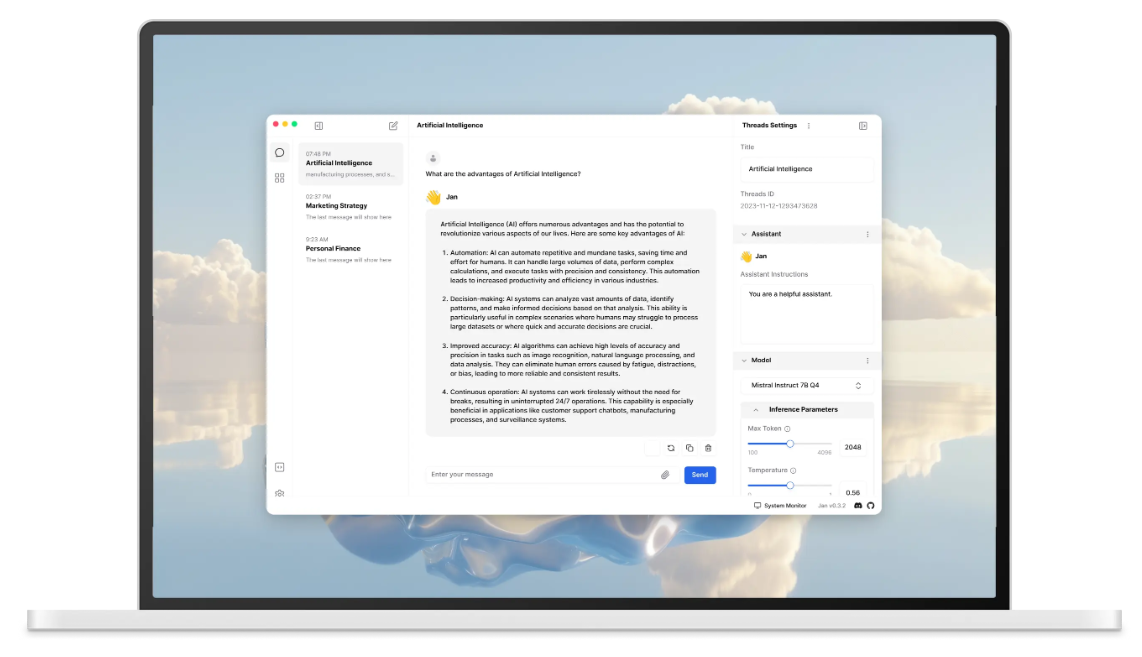
2- Khoj
Khoj is a personal AI app to extend your capabilities. It smoothly scales up from an on-device personal AI to a cloud-scale enterprise AI.
Features
- Chat with any local or online LLM (e.g llama3, qwen, gemma, mistral, gpt, claude, gemini).
- Get answers from the internet and your docs (including image, pdf, markdown, org-mode, word, notion files).
- Access it from your Browser, Obsidian, Emacs, Desktop, Phone or Whatsapp.
- Create agents with custom knowledge, persona, chat model and tools to take on any role.
- Automate away repetitive research. Get personal newsletters and smart notifications delivered to your inbox.
- Find relevant docs quickly and easily using our advanced semantic search.
- Generate images, talk out loud, play your messages.
- Khoj is open-source, self-hostable. Always.
- Run it privately on your computer or you can setup on the cloud.
3- GPT4All
GPT4All is a free solution that enables you to run Local LLMs on Any Device. It is free open-source and available for commercial use. It offers a library of popular LLMs to suit various needs, whether it’s for chat, writing, or general AI tasks.
It is ready to use for Windows, Linux and macOS users.
4- LibreChat
LibreChat is a flexible, open-source self-hosted AI chat platform that brings all your AI conversations into a single, user-friendly space. It supports a wide range of AI models and providers, including popular choices like OpenAI, Anthropic, Azure, and more, plus it offers exciting features like ChatGPT plugins, message search, and model switching.
If you’re looking to run it solo or for multiple users, LibreChat offers full customization, security, and easy self-hosting.
It’s an ideal choice for anyone looking to create their own tailored, multi-model AI chat experience!
Features
- 🖥️ ChatGPT-style UI: Dark mode, streaming support
- 🤖 Multi-model selection: Claude, ChatGPT, Vertex AI, and more
- 🌐 Compatible with Remote & Local AI services
- 🪄 Code Artifacts: Generate React, HTML, and diagrams
- 🔄 Conversation branching: Edit, resubmit, and fork messages
- 📸 Multimodal support: Analyze images and files in chat
- 💬 Multilingual interface: 20+ languages supported
- 🗣️ Voice interaction: Speech-to-text & text-to-speech
- 📤 Import/export conversations
- 👥 Multi-user secure access & authentication
- ⚙️ Open-source & community-driven with flexible deployment options
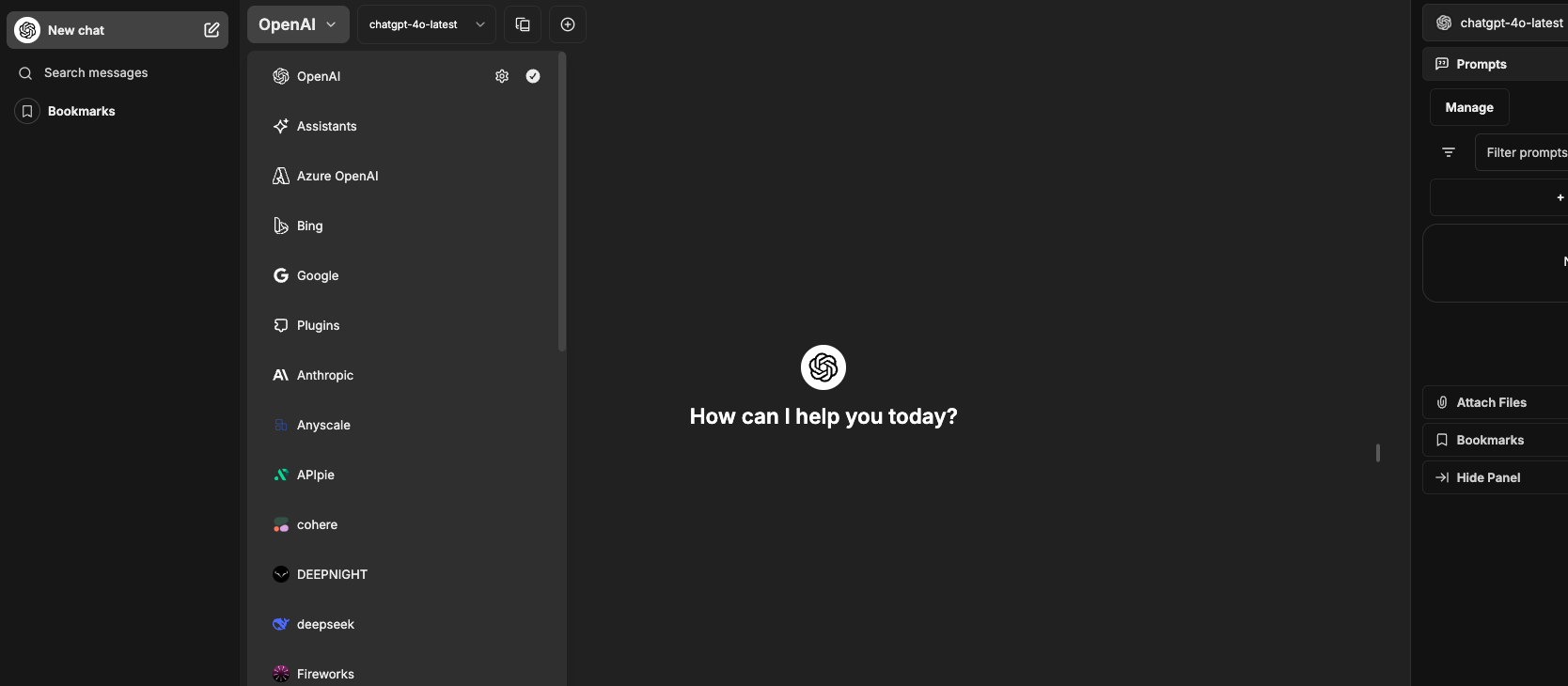
5- LocalAI
LocalAI is the free, Open Source OpenAI alternative. LocalAI act as a drop-in replacement REST API that’s compatible with OpenAI (Elevenlabs, Anthropic... ) API specifications for local AI inferencing.
The app allows you to run LLMs, generate images, audio (and not only) locally or on-prem with consumer grade hardware, supporting multiple model families. Does not require GPU.
It is created and maintained by Ettore Di Giacinto.
Features
- 📖 Text generation with LLMs (GPTs, llama.cpp, gpt4all.cpp)
- 🗣 Text-to-Audio & Audio-to-Text transcription
- 🎨 Image generation via Stable Diffusion
- 🔥 OpenAI-like API for integration
- 🧠 Embedding generation for vector databases
- ✍️ Constrained grammars for better control
- 🖼️ Vision API support
- 📈 Reranker API for content refinement
- 🆕 P2P inferencing for distributed AI
- 🌍 Integrated WebUI for easy management
- 🛠 Support for downloading models from Huggingface

6- Local Assistant
Local Assistant is a free, open-source voice assistant that you can run locally on your device. It listens for commands like "Hey companion!" and reacts by performing actions, such as playing music from a specified folder or answering questions using a language model (LLM).
Features
- Privacy First: Everything runs locally, so no need for APIs or cloud services—your data stays private.
- Natural Conversations: Powered by a Large Language Model (LLM), making interactions feel more human-like than scripted.
- Customizable: Choose your preferred AI models for a tailored experience.
- Hands-Free Music Control: Simply ask the assistant to play a song, no keyboard needed.
- Microservices: Run the server on your PC and connect clients (e.g., Raspberry Pi) across your home for seamless control.
7- Leon
Leon is an open-source personal assistant that operates offline on your server, ensuring privacy. It can handle voice and text interactions, perform tasks, and offer real-time communication.
The project is evolving with new features and ongoing contributions.
8- Ailice
Ailice is an open-source AI agent designed to act as a fully autonomous assistant, similar to JARVIS. It uses a Large Language Model (LLM) as its core processor to handle a wide range of tasks, from research and coding to system management and complex problem-solving.
With GPT-4's performance, Ailice excels in everyday tasks and is evolving towards self-improvement, enabling it to autonomously build new features and agents, unlocking the full potential of AI in real-world applications.
9- My AI Assistant
My AI Assistant is an open source virtual assistant chatbot built with Python. It allows you to have natural conversations by text or voice.
Features
- Text and voice conversations - Chat naturally via text or speech synthesis
- Save/view chat history - Look back at previous conversations
- Delete history - Clear your chat data for privacy
- Customizable - Built on open source AI models, customize the assistant's personality
- Local processing - Assistant processes conversations locally rather than on remote servers
10- Danswer
Danswer is an AI assistant that integrates with your company’s documents, apps, and people. It provides a chat interface and can be connected to any LLM, offering control over user data with full deployment flexibility—on a laptop, on-premise, or in the cloud.
It also acts as a unified search tool for workplace tools like Slack, Google Drive, and Confluence, using team-specific knowledge to answer queries. With role management and customizable personas, Danswer is ready for production use.
Features
- Chat UI with the ability to select documents to chat with.
- Create custom AI Assistants with different prompts and backing knowledge sets.
- Connect Danswer with LLM of your choice (self-host for a fully airgapped solution).
- Document Search + AI Answers for natural language queries.
- Connectors to all common workplace tools like Google Drive, Confluence, Slack, etc.
- Slack integration to get answers and search results directly in Slack.
Looking for more resources about LLMs? Checkout our Archive

